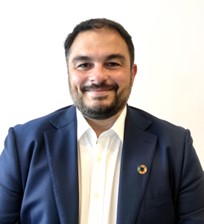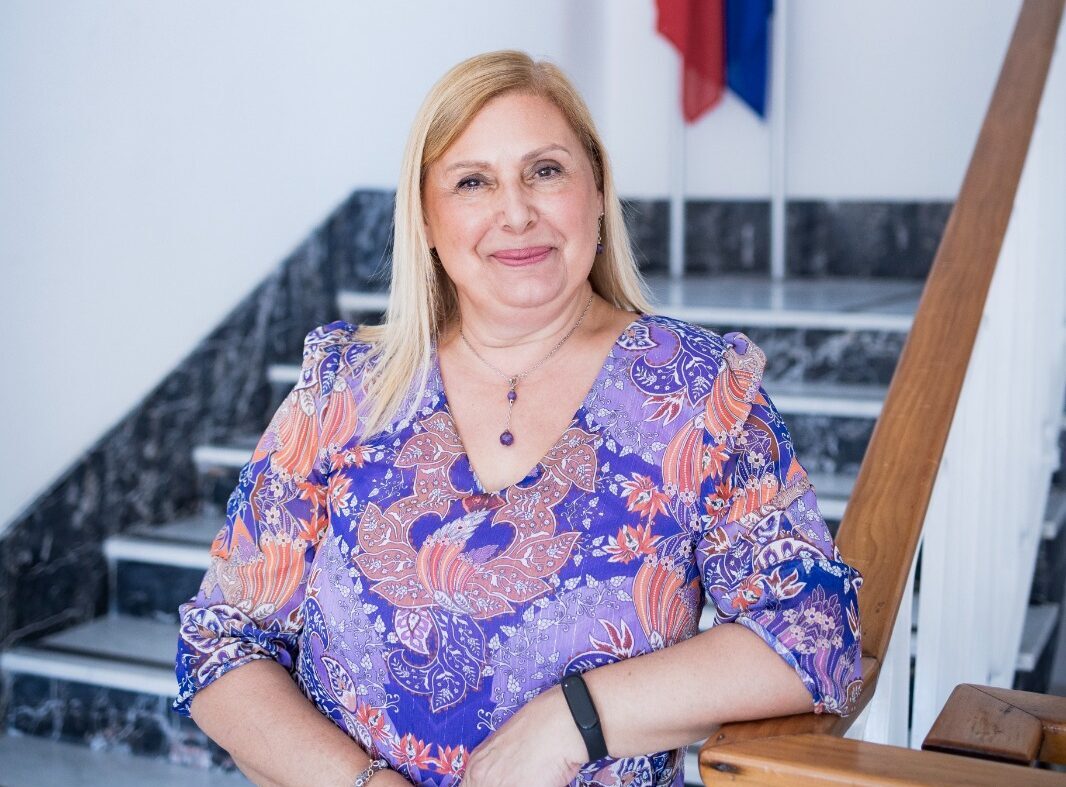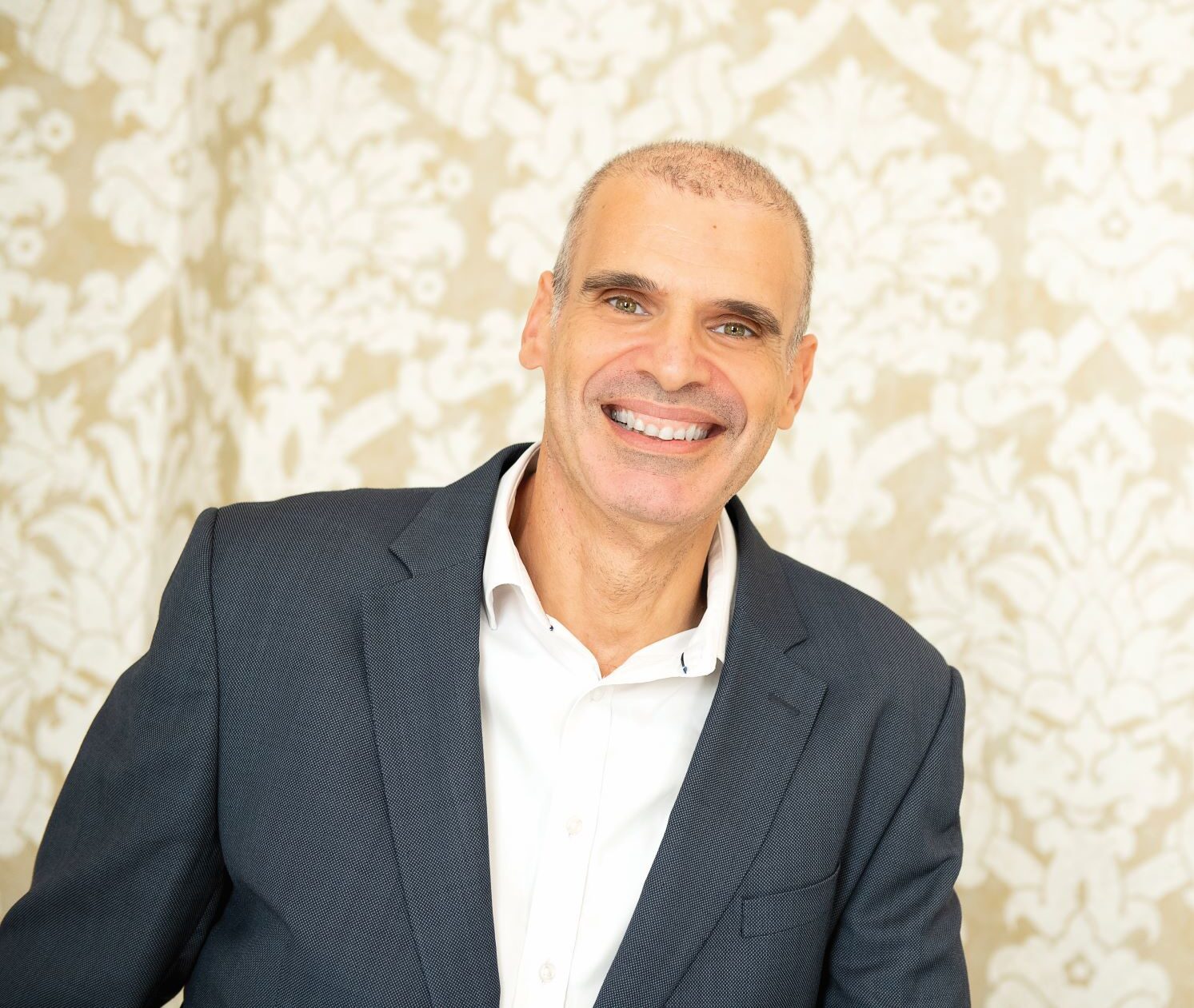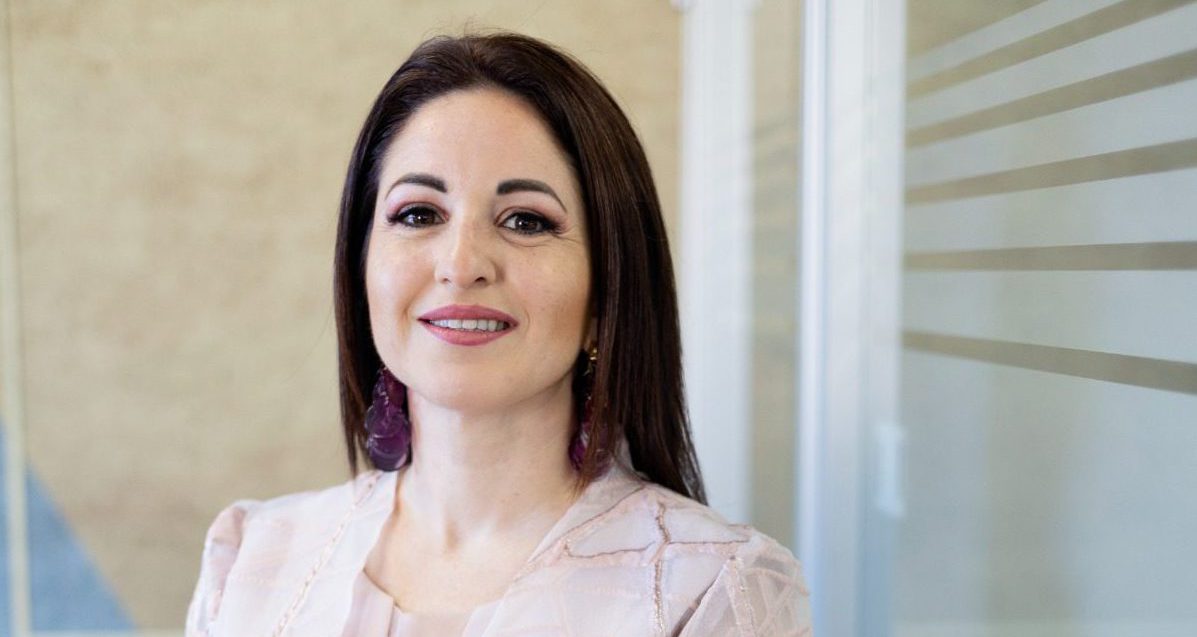Matthew Swain, the Bank’s Senior Manager looking after Environment, Social and Governance (ESG), explains APS Bank’s determination to take positive action.
The CEO of APS Bank, Marcel Cassar, had a compelling message when he explained in a 2022 video why the Bank was a founding member of the Malta ESG Alliance: “A bank is at the heart of business decisions that drive social and economic development, while making sure that these do not come at a cost to our environment and general wellbeing.”
This awareness of the important role that APS Bank could play was soon turned into action. The Bank already had a sustainability risk policy and launched a Green Home Loan in 2021, as well as launching a policy to guide its ethical funds soon after. In January 2023, the Bank issued the first Responsible Lending Policy in Malta, in line with guidelines issued by the European Banking Authority.

This active approach is what attracted Matthew to the Bank when he decided to return to Malta after 17 years in the UK, where he worked with a global bank, specialising in sustainability and the ESG impacts of large projects.
“During a visit home, I saw an advert about the Malta Sustainability Forum that APS Bank was setting up to promote awareness of the subject and realised that sustainability was not just a tick-box exercise but something that was at the heart of the Bank. I was intrigued as it was the sort of thing that I was at the time working on in London. I knew there and then that this was a Bank that I would be proud to work for,” he explained, noting that the big difference was that the top management were proactively leading the change. “It really is in the Bank’s DNA.”
The Bank clearly sees sustainability and ESG as an opportunity and not a cost, something that is being driven by its customers, who increasingly want to make a difference.
“People already associate the Bank with having a social conscience but we are also at the forefront when it comes to ESG products,” Matthew added. The fixed-term deposit – the first such green product in Malta – was the natural next step, giving people the opportunity to reconcile their financial choices with their values. The Bank will use all the money deposited in this fixed-term deposit to support individuals and companies that are bringing about positive change through initiatives which qualify under the Bank’s ‘Green Lending Criteria’, all whilst delivering a competitive return to its customers as well as helping them to achieve their sustainability goals.
“We wanted to empower people to be able to make a conscious choice and direct their money to green projects, via the Bank, in a simple but impactful way,” he said, explaining that the deposit was open to both business and personal customers.
Business customers are increasingly adopting green and socially aware credentials. The new product means that they can deposit a minimum of €50,000 for a period from one to five years and will benefit from being able to report to their own stakeholders that this money is being used for green purposes.
For personal customers, the minimum deposit is €5,000, and the Bank hopes the product will allow individuals and businesses to take positive action and become more sustainable.
“Awareness has grown tremendously since 2015 and the climate change conference in Paris – COP21 – saw a significant change to a more proactive, bottom-up, collaborative approach. The message is very clear: we need to do something… and as soon as possible,” Matthew stressed. “People are much more conscious about how their money can convey a message to business and governments, to make sure that the momentum is maintained.
“I love the quote by [ESG guru] Anna Lappé: ‘Every time you spend money, you are casting a vote for the kind of world you want’. Indeed, our Green Home Loan book is growing very fast: there is demand out there.”
Work on the new green deposit product started in August 2022, the Bank wanted to ensure that the product would reach its own targets as well as those of its customers.
“It’s a fairly simple product that we have launched, but it is quite impactful,” he said.
The deposits will be consolidated and ringfenced – think of them as being roped off against those entities which do not meet the right ESG standards – to create a pool which can be used for lending to green projects. The most obvious sectors that will merit attention with regards to de-carbonising, particularly in Malta, will be those that offer new solutions for transport and the built environment, not to mention energy and renewables. These will extend to local and international projects, as well as syndicated loans.
High levels of transparency will reassure the depositors that their money is being used wisely. The Bank will issue regular reports to explain how the money is being deployed, for example.
The Bank’s membership of the Malta ESG Alliance (MESGA) extends its approach to its own operations, with the Bank committed to lower emissions in its own operations – but it went a step further by ensuring that ESG was integrated into its lending policy, as well as expanding its product range. It will also be reporting on its emissions from operations, from basic levels to more ambitious ones going forward – such as its customers’ emissions and those from the Bank’s lending portfolio.
“MESGA has given us a platform to be able to talk about what APS Bank is doing, to meet like-minded businesses and to learn from each other,” he said. “It also gives visibility to the community that there are businesses out there that are taking action and not just talking about things.”
“After COP21 the attitude changed. It was clear that if things were going to have to change, there were opportunities, and not just costs. There are new industries and new technologies to develop, both of which will create new green jobs as well as green economic growth. There are all sorts of benefits. This is where I get my inspiration…”
About Matthew Swain
Matthew Swain has been the Senior ESG Manager at APS Bank since the summer of 2022. Prior to this, Matthew spent 17 years in London working with a major global bank. He specialised in renewable energy lending for corporate banks, eventually managing global sustainability risk policies. He is experienced at assessing ESG impacts of large-scale financing projects as well as developing climate strategies for the banking sector.
Approved and issued by APS Bank plc, APS Centre, Tower Street, B’Kara BKR 4012. APS Bank plc is regulated by the Malta Financial Services Authority as a Credit Institution under the Banking Act 1994 and to carry out Investment Services activities under the Investment Services Act 1994. Terms and conditions apply and are available on request.
The views and opinions expressed in this article are those of the authors and do not necessarily reflect the official policy or position of APS Bank plc.
Strengthening educational futures: ‘We want to put Malta on the map’
MFHEA CEO Rose Anne Cuschieri discusses the Authority’s mission and drive to help shape the dynamic educational landscape worldwide
‘Construction stimulates economic demand but carries the risk of over investment’ – Gordon Cordina
The economist argues that if managed effectively with ESG considerations, construction can enhance quality of life
Uniplural Group: ‘Our brand transformation fortifies our position as a one-stop-shop within the community’
The newly rebranded Uniplural Group provides a diversity of care services strategically united to embrace emerging growth prospects






